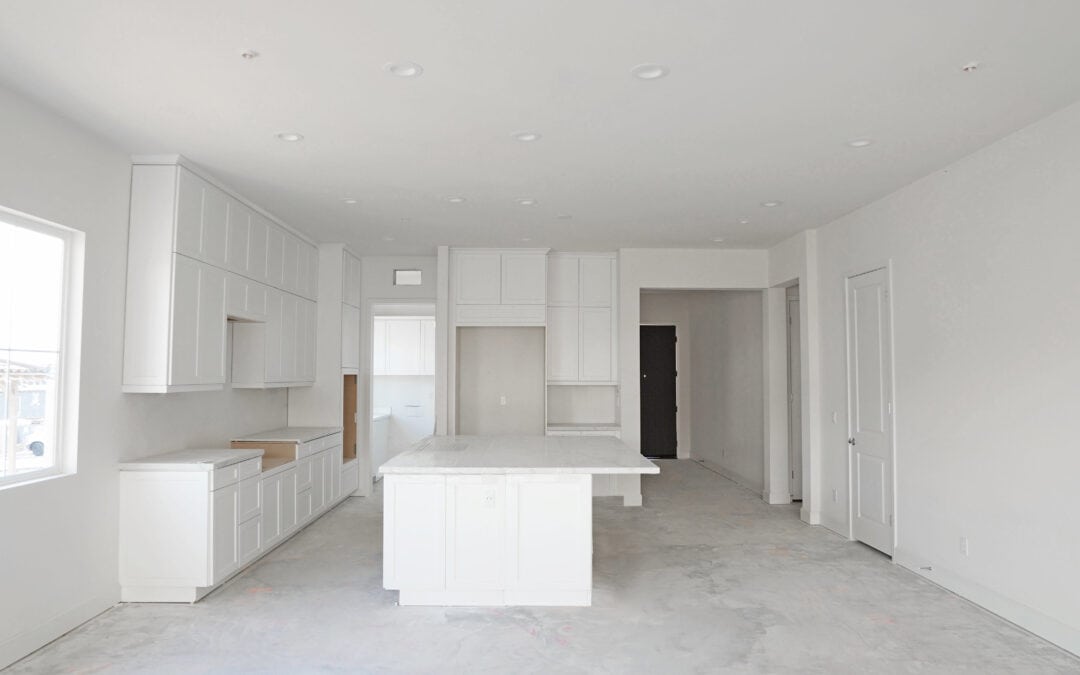Embarking on a kitchen remodeling project can be both exciting and daunting; knowing what to consider beforehand can set the stage for success. This article will explore key factors that every homeowner should evaluate before initiating such a venture, ensuring that the remodeling process is as smooth and efficient as possible.
Understanding Your Goals and Needs
Every kitchen remodel starts with a vision—whether it’s updating the outdated, improving functionality, or merely enhancing the aesthetic appeal, it’s crucial to define what you aim to achieve. A well-thought-out plan, which includes your needs and goals, will help guide your decisions throughout the remodeling process. For instance, a homeowner may decide to remove a seldom-used partition to open up the space, while another might focus on increasing storage or upgrading appliances. Here are some considerations:
- Define the primary purpose of remodeling.
- Consider how the new kitchen will be used.
- Reflect on the styles and themes that appeal to you.
Choosing the Right General Contractor
Selecting a competent general contractor is pivotal as they will be steering your kitchen transformation from concept to completion. Look for a contractor who is not only reputable but also specializes in kitchen renovations. They should have a robust portfolio of completed projects, transparent pricing, and positive client testimonials. Here are some tips on finding the right professional:
- Check the contractor’s credentials and certifications.
- Read reviews and ask for references.
- Look at before and after photos of past projects.
Budget Planning for Kitchen Remodeling
Setting a realistic budget is perhaps one of the most critical steps in a remodeling project. It’s not just about how much you want to spend, but also understanding what you can get for your money. Discussing your budget with your general contractor can help ensure that your project remains on track financially without compromising on quality or design. Financial planning might include:
- Setting aside a contingency fund for unexpected costs.
- Comparing prices and options for materials and finishes.
- Considering long-term savings through energy-efficient appliances and materials.
Design Preferences and Functional Layout
The design phase of your kitchen remodeling project involves selecting a layout that best suits your lifestyle and personal preferences. Whether you prefer a modern look with minimalist features or a classic design with rich wood accents, your general contractor can help you turn your ideas into reality. Key aspects to consider include:
- The ideal layout for ease of movement and functionality.
- Choosing materials that are both durable and aesthetically pleasing.
- Incorporating elements like islands or breakfast bars that fit your specific needs.
Legal and Regulatory Considerations
Navigating the maze of permits and regulations can be challenging, but with a knowledgeable general contractor, you can ensure that all legal requirements are met. This may involve securing the necessary permits or adhering to local building codes, which are essential for ensuring the safety and legality of your remodel. Considerations include:
- Understanding zoning laws and building codes.
- Ensuring that all work is up to code and properly inspected.
- Handling any neighborhood association requirements.
Timelines and Project Management
A realistic timeline for your kitchen remodel can help manage expectations and reduce stress. Your general contractor plays a crucial role in creating an effective schedule and keeping the project moving smoothly, even when unexpected challenges arise. Important timeline considerations are:
- Developing a clear project timeline with milestones.
- Anticipating delays and planning for potential disruptions.
- Staying flexible and communicating regularly with your contractor.
Kitchen Remodeling Considerations
A successful kitchen remodeling project hinges on thorough preparation and the right partnerships. From setting clear goals to selecting the right general contractor and managing your budget effectively, every aspect requires careful thought and planning.
Key Takeaways for a Successful Kitchen Remodel
- Define your remodeling goals and understand your needs.
- Choose a skilled general contractor with a track record in kitchen renovations.
- Plan your budget with flexibility for unforeseen expenses.
- Opt for a design that balances aesthetic appeal with functionality.
- Ensure all legal and regulatory guidelines are followed.
Frequently Asked Questions
- How long does a typical kitchen remodel take?
- Depending on the complexity and scale, a kitchen remodel can take anywhere from a few weeks to several months.
- Can I live in my home during the kitchen remodel?
- Yes, many homeowners stay in their homes during remodeling, although it might require setting up a temporary kitchen and coping with some disruption.
- What is the best way to save money on a kitchen remodel?
- Focus on prioritizing key elements that need updating, reusing appliances that are in good condition, and choosing cost-effective materials.
- How do I ensure my remodel is eco-friendly?
- Opt for sustainable materials, energy-efficient appliances, and proper insulation to reduce environmental impact.
- What should I do if I encounter unexpected issues during the remodel?
- Maintain open communication with your contractor, plan for contingencies in your budget and timeline, and stay flexible to adjustments.
This comprehensive guide should arm you with the necessary knowledge to embark on your kitchen remodeling journey confidently and effectively.

